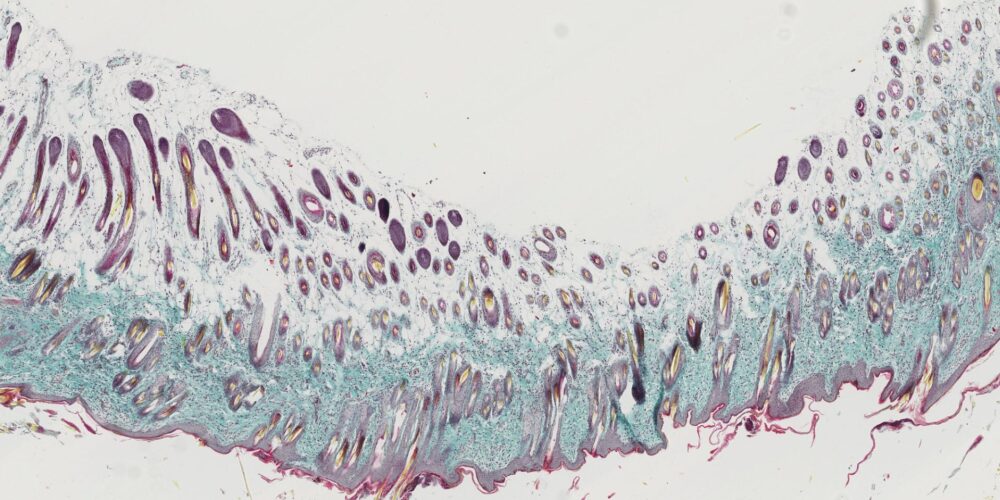Our mission is to drive the delivery of multi-modality drug candidates by generation of high-quality translational pharmacology data, conducted to the highest ethical standards and fueled by industry leading in vivo expertise and technologies.
Evotec’s team of >200 dedicated scientists spans all our twelve Therapeutic Areas each with a critical mass of scientists, projects and translational capabilities. We deliver target engagement in vivo solutions relevant to target biology that allow us to understand PK/PD relationships and support human ‘Dose to Man’ modelling. We are constantly striving to improve the human translatability of our in vivo pharmacology solutions through developing animal models and translational endpoints that are relevant for the clinic, and we have accumulated a wealth of experience using humanized mouse models to deliver human relevant datasets.
By co-locating our in vivo pharmacology functions with our in vitro pharmacology units, we foster a seamless integration that results in comprehensive disease biology platforms. This synergy amplifies our disease-focused approach and expands the breadth of our expertise which also includes modality know-how across biologics, oligonucleotides, cell and gene therapy.
We have a relentless focus on quality and animal welfare. All our in vivo institutions are fully AAALAC accredited, supported by an experienced Evotec veterinary team ensuring the highest standards of animal welfare and our ‘Right First Time’ approach to quality has consistently delivered exceptional standards of study execution,
Evotec is your partner in unlocking transformative insights for targeted drug discovery. Together, we can identify the most appropriate in vivo pharmacology solutions tailored to your specific program needs, whether that involves selecting off-the-shelf standard protocols or developing customized assays and readouts. Experience the power of our cutting-edge in vivo pharmacology capabilities, driving your drug discovery efforts towards meaningful clinical impact.
